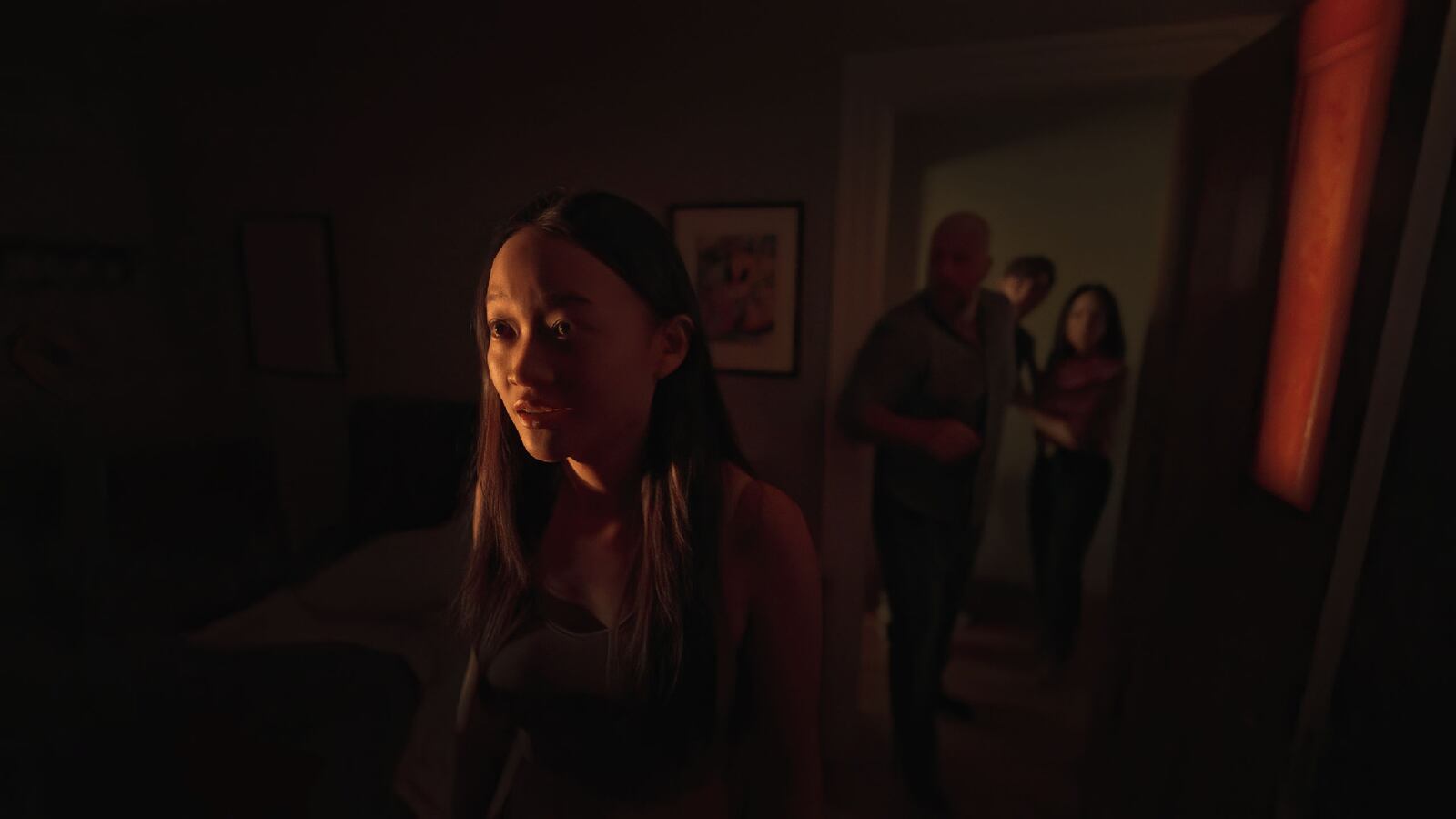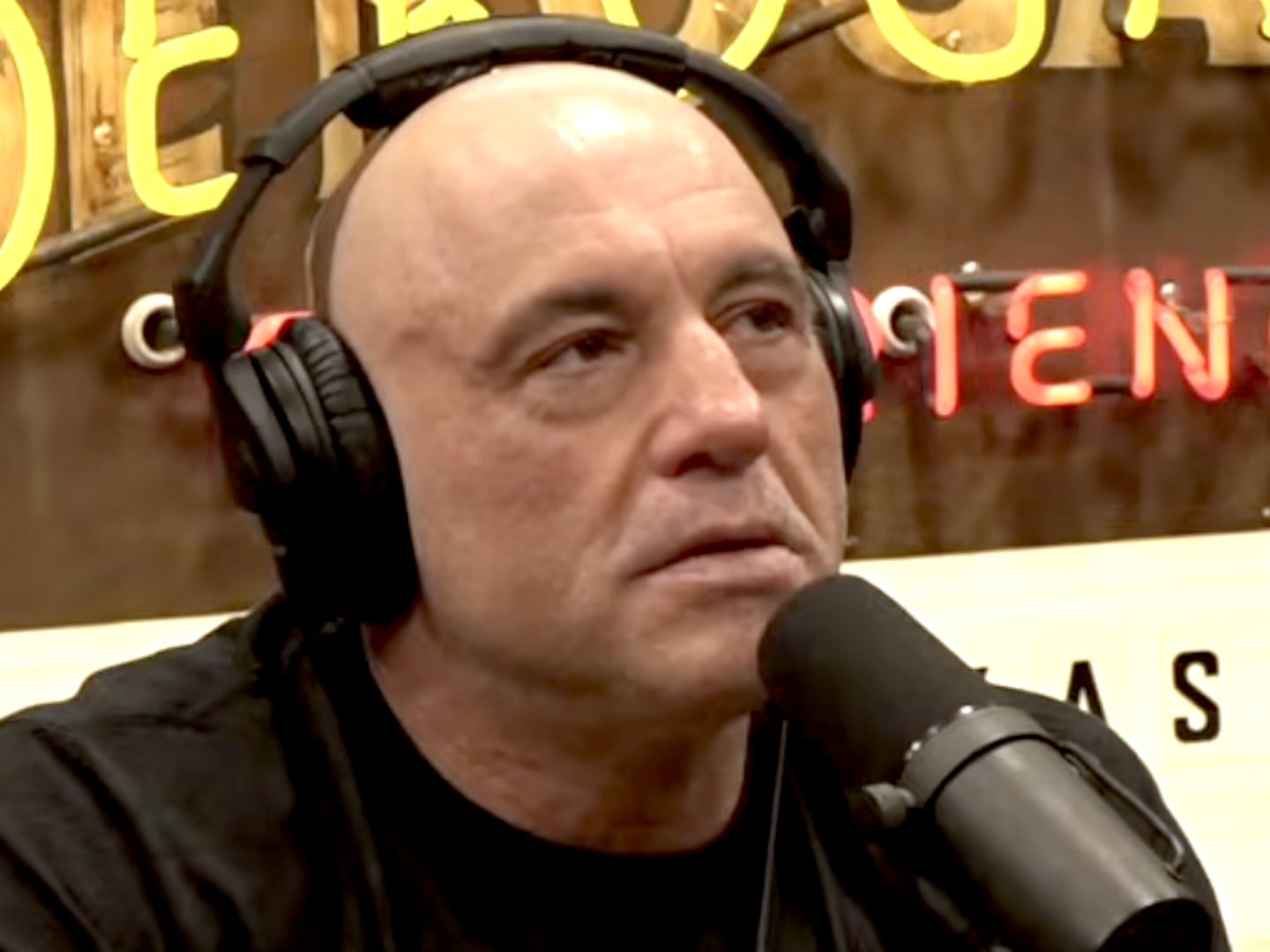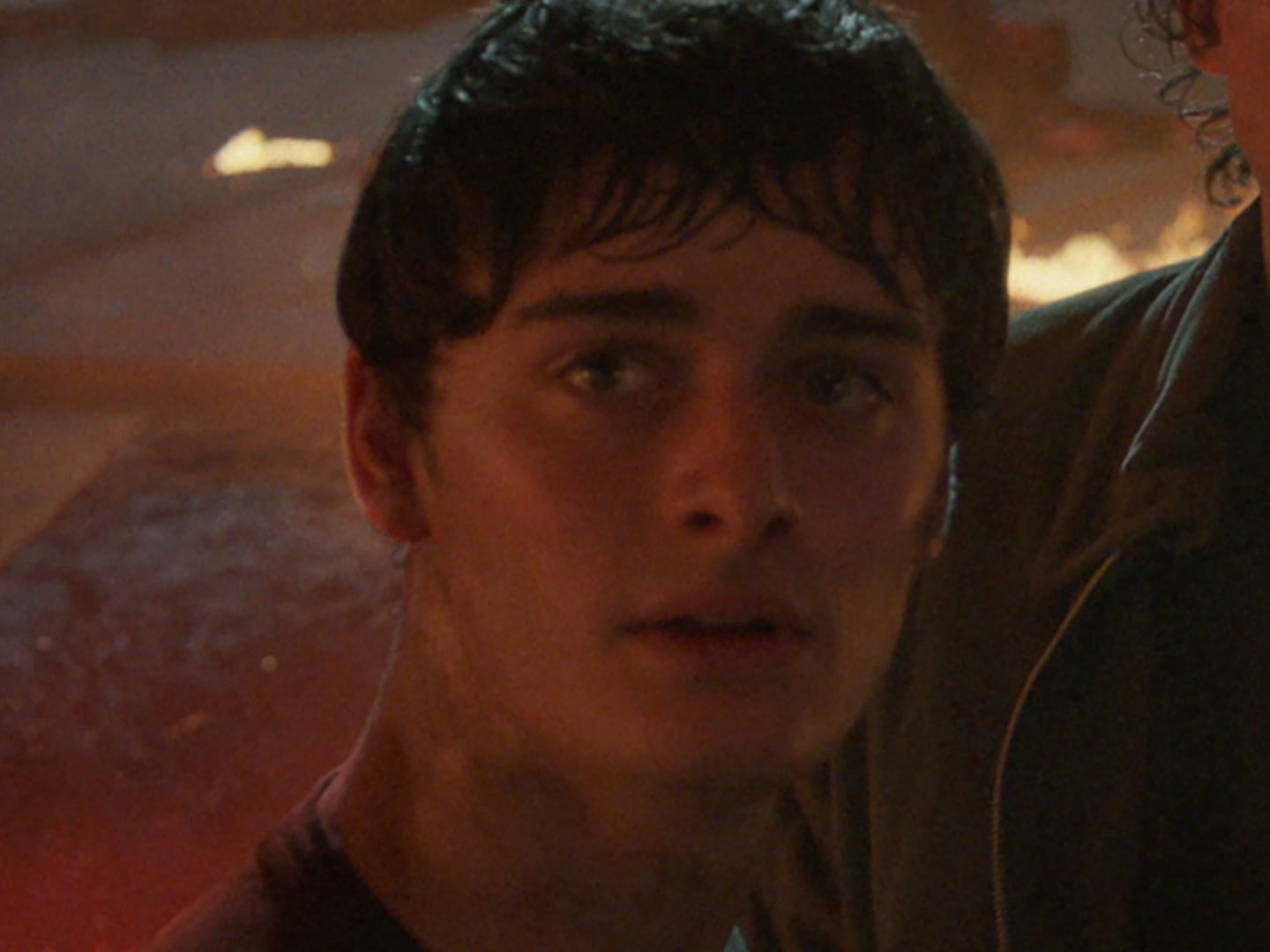PARK CITY, Utah—Steven Soderbergh never met a genre on which he didn’t want to experiment, and with Presence, he upends the conventions of the haunted house movie by telling his tale through the eyes of an unseen—and, until the end, unidentified—spirit. That gambit is the most (if hardly the only) daring thing about the prolific auteur’s latest, both because it affords inventive new avenues for creating suspense, and also because it slyly speaks to audiences’ relationship to the characters, settings, and stories they watch on the big screen. Casting us as ghostly spectators who are voyeuristically enjoying—and desperate to intervene in—the plight of a dysfunctional family, the director’s latest is a distinctly cool, dynamic riff on Michael Powell’s Peeping Tom via The Haunting, with a dash of Paranormal Activity sprinkled around its edges.
Debuting at this year’s Sundance Film Festival on the 35th anniversary of the premiere of Soderbergh’s trailblazing indie sex, lies, and videotape, Presence is another exquisitely compact and fluid formal exercise from an artist driven to find creative ways to breathe new life into familiar formulas. Written by blockbuster scribe David Koepp (who penned Soderbergh’s similarly concise 2022 thriller Kimi), it assumes the gaze of a specter in a spacious and unfurnished house that it roams with the free-floating fluidity of a being unburdened by gravity. In the first of numerous long, unbroken takes, Soderbergh’s camera glides, spins and soars around empty rooms, the winding central staircase, and the open modern kitchen, creating the impression that this apparition is lost and distressed, and possibly in search of something, or someone, it can’t locate. Set to melancholy piano, the sequence establishes the spatial dynamics of this milieu, but more importantly, it attunes us to our invisible proxy’s confusion and anguish.
Before long, company arrives in the form of a realtor (Julia Fox) who shows the abode to Rebekah (Lucy Liu), her husband Chris (Chris Sullivan) and their two children, older swimming-star son Tyler (Eddy Maday) and younger Chloe (Callina Liang), whose grief covers the clan like a shroud. They agree to buy the place, and soon the ghost’s rotating perspective takes in a home that’s fully furnished, if still less than happy. Tensions are high, thanks to a variety of escalating factors: Rebekah has gotten herself into serious (ill-defined) criminal trouble at work, thereby motivating Chris to gauge his liability (and options for self-preservation); Tyler is at perpetual odds with his morose sister, and as everyone knows (and Chris detests), he’s his mother’s clear favorite; and Chloe is mourning her friend Nadia, who recently died (along with another acquaintance) of a drug overdose.
Death literally looms around every corner in Presence, but so too does the threat of family disintegration. Soderbergh and Koepp utilize their subjective POV to parcel out details about the issues plaguing these individuals, with scenes designed as brief glimpses and separated by edits that feel like deep breaths. Small touches, such as back-to-back sights of Liu’s Rebekah with a drink, help flesh out the characters without need for blunt exposition, while Soderbergh’s visuals—marked by warm hues, deep focus and curved borders—suggest the wide, bewildered stares of the ethereal protagonist. The material boasts an otherworldly aura that’s more sad than scary, and thus when Chloe begins subtly sensing the spirit, her terror is outweighed by her curiosity and, shortly thereafter, her desire to deduce whether this visitor is her deceased friend.
Into this insular space arrives another regular in the figure of Ryan (West Mulholland), a friend of Tyler’s who quickly strikes up a romantic relationship with Chloe. Their cryptic talk about craving control implies that a dangerous sort of plan is brewing, although it’s Tyler’s story about playing a mean prank on a female classmate that really provokes the ire of the ghost, which poltergeists his room and, consequently, reveals its existence to the rest of Chloe’s previously disbelieving family. Thrown for an understandable loop by this phenomenon, Chris enlists the aid of a local medium who informs them that wayward souls don’t experience time like the living (for them, the past, present and future can be jumbled together), and that their phantom has stuck around to fulfill a purpose, albeit one it can’t remember.
Be it shooting everything from the perspective of the dead, to confining all the action to the stately house’s interior, to editing the proceedings in an atypical, rhythmic manner, Presence appears to have been constructed as a series of challenges for Soderbergh. That he pulls each one off is no surprise, even if some of Koepp’s narrative components never fully bear fruit. In particular, Rebekah and Chris’ vague legal predicament fails to amount to anything, making it seem like merely a decorative embellishment. Moreover, the writer’s characterizations aren’t evenly developed; of the four, Chloe and Chris share the healthiest bond, and their compassionate moments together—highlighted by a one-on-one chat about faith and trust—make them far more three-dimensional than Rebekah and Tyler. Nonetheless, there isn’t a bad performance in the bunch, and in a memorable turn of paternal protectiveness, Sullivan (as he did in Soderbergh’s The Knick) proves that he only needs a little to convey a lot.
Presence may initially resemble just a role-reversal variation of a standard spookshow, yet beneath its surface, it’s a clever—not to mention consistently unnerving—thriller about the longing to be close to death, and the even stronger impulse to safeguard our loved ones from harm. Though its wraith starts off as a passive observer who, when detected, retreats to the closet of Chloe’s bedroom (which has a bad energy that causes a house painter to doggedly avoid it), it eventually grows more interactive. Moving schoolbooks, causing lights to flicker, knocking over drinks, and literally shaking its new cohabitants out of their slumbers, the ghost becomes determined to affect forthcoming events—and, as a result, realizes our own horror-movie wishes to warn characters about peril before calamity strikes. In that regard, Soderbergh and Koepp’s newest collaboration is almost playfully deconstructionist, simultaneously embracing and upending common genre elements in order to investigate the underlying ways we relate and respond to such scary movies, and why.






